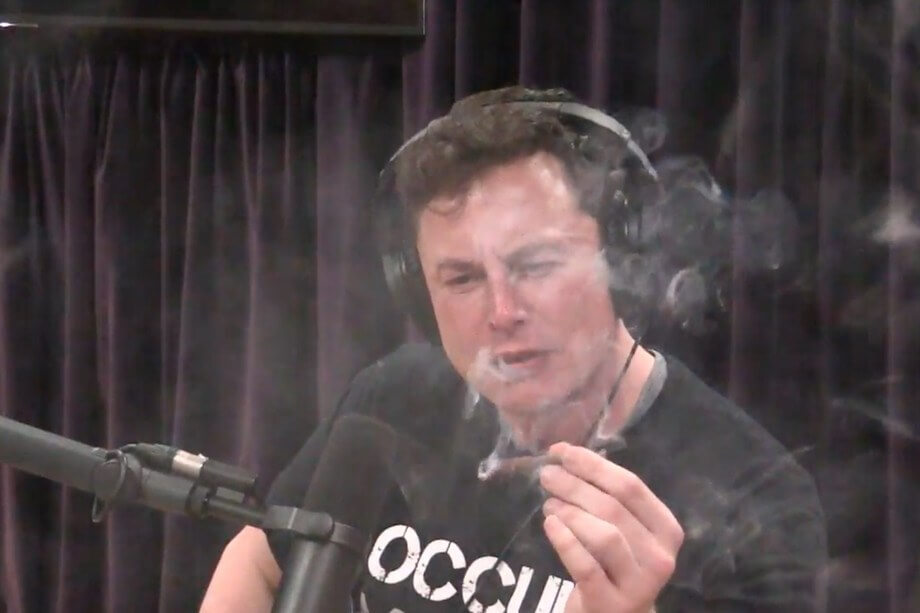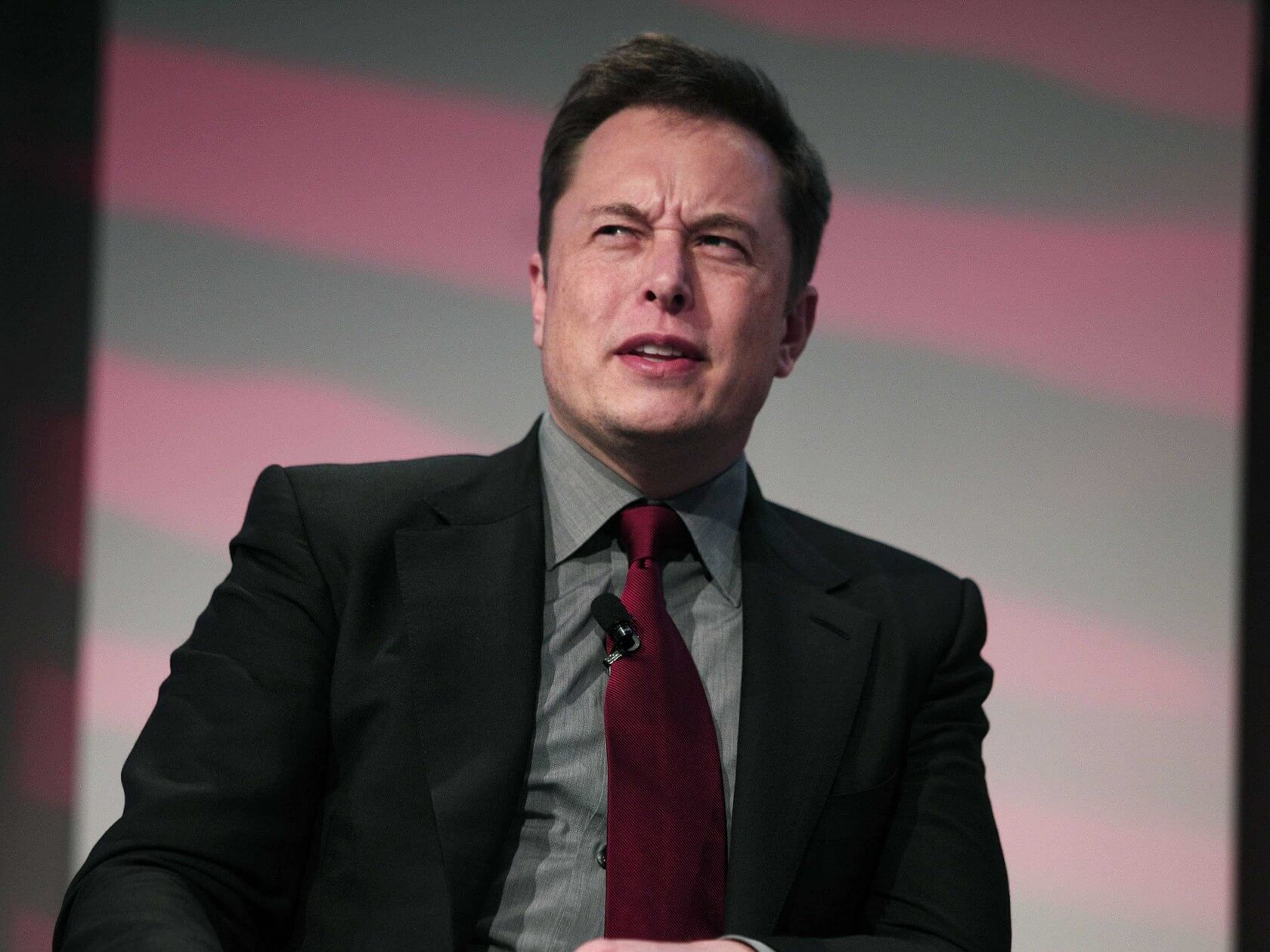In context: Being the richest person in the world often makes Elon Musk a figure of interest for the US government, especially with SpaceX providing Starlink services and equipment to Ukraine. Last week brought reports that Biden administration officials were discussing whether some of his business ventures should be subject to national security reviews, but the White House has denied these claims.
According to Bloomberg, US officials have been concerned by Musk's actions over the last few weeks, particularly his assertion that SpaceX could not continue to supply and support Starlink in Ukraine.
Musk said supporting Ukraine by providing it with Starlink services so it can keep accessing the internet in the face of Russian aggression has cost the company $80 million so far, and that the figure will exceed $100 million by the end of the year. He said that SpaceX must create, launch, maintain and replenish satellites and ground stations, and pay telcos for access to the Internet via gateways, all of which costs close to $20 million per month. Musk also noted that the terminals have data usage 100x greater than typical households.
Several days after complaining that the government should foot some or all of SpaceX's Ukraine bill, Musk backtracked, confirming the company would fund Starlink in the country "indefinitely."
The US was also reportedly worried about the apparent Pro-Russian stance Musk has been taking. He tweeted a poll asking his 107+ million followers if they agreed with his peace plan that included making Crimea an official part of Russia while Ukraine remained neutral. It brought a slew of criticism from politicians and even Ukraine president Volodymyr Zelensky. Musk also had to deny reports that he's been discussing the prospect of using nuclear weapons in Ukraine with Vladimir Putin.

Then there's the Twitter saga. The US government's objection was set to be less about him owning the platform and more about the foreign investors helping fund the deal. They include Prince Alwaleed bin Talal of Saudi Arabia, Binance Holdings (founded and run by a Chinese national), and Qatar's sovereign wealth fund. Bloomberg writes that the Committee on Foreign Investment in the United States (CFIUS) could investigate the Twitter deal over national security risks.
Now, however, the White House has said reports of national security reviews being carried out on Musk's business ventures were simply "not true."
"Those reportings are not true. So, we'll leave that there. The national security review---that is not true," said White House press secretary Karine Jean-Pierre (via CNET) when asked about the reports.
Elsewhere, Twitter recently responded to reports that Musk intends to cut 75% of its workforce when he takes control. It gave a fairly non-committal: "We do not have any confirmation of the buyer's plans following close and recommend not following rumors or leaked documents but rather wait for facts from us and the buyer directly."
